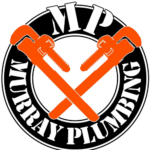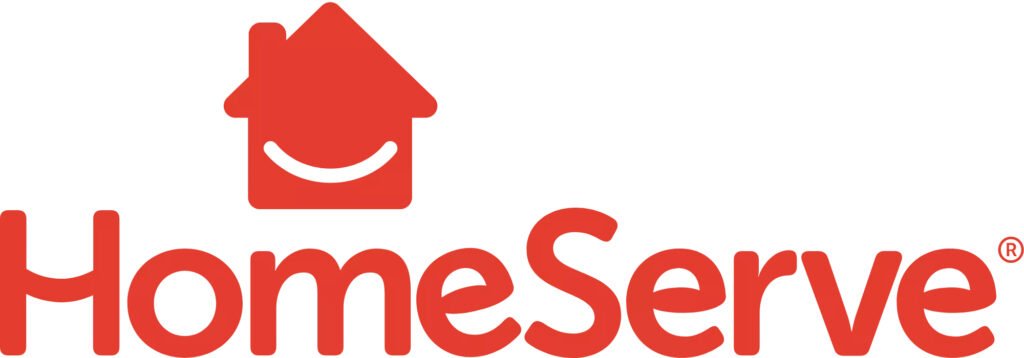When it comes to maintaining your home’s plumbing system, understanding the plumbing codes in Middletown, PA is essential. Whether you’re planning to tackle a DIY plumbing project or hiring a professional, it’s important to ensure your plumbing work meets the necessary regulations. These rules are in place for a reason—they help keep your home safe and your water clean.
I work in the plumbing industry here in Middletown, and over the years, I’ve seen how compliance with plumbing regulations in PA can protect homeowners. Plumbing codes are meant to ensure systems are installed correctly and function properly, but many homeowners aren’t fully aware of these requirements. In this post, I’ll walk you through what you need to know about plumbing codes in Middletown and why it’s important to follow them.
The Importance of Plumbing Codes
Plumbing codes aren’t just arbitrary rules—they are standards put in place to protect both you and your property. Adhering to these regulations can prevent major issues like leaks, water contamination, and even structural damage caused by improper plumbing installations. The importance of adhering to plumbing codes and standards cannot be stressed enough. These standards ensure that your plumbing system operates efficiently, and more importantly, safely.
One key reason homeowners should pay attention to codes is that failing to comply can result in hefty fines, or worse, costly repairs down the line. Imagine installing a new pipe or water heater without considering updates and revisions to plumbing codes in PA, only to find out later that the installation is not up to code. Not only would you have to redo the work, but you might also face penalties for not following the latest regulations.
DIY Plumbing Projects: Permits and Inspections
In recent years, I’ve noticed more homeowners attempting DIY plumbing projects to save on costs. While DIY can be a great way to learn and get involved in maintaining your home, it’s crucial to understand that certain projects require permits and must be done to code.
Before you take on any major plumbing work, it’s a good idea to check if a permit is required. Many homeowners don’t realize that permits are a way to ensure compliance with plumbing regulations in PA. For example, replacing a faucet or fixing a leaky pipe might not require a permit, but installing a new bathroom or updating your home’s piping system certainly will.
Failure to get the proper permit and pass inspections could result in you having to undo all your hard work. Plus, any future home sale could be complicated if your plumbing doesn’t meet code. This is where the role of building inspectors in enforcing plumbing codes comes into play. Inspectors will check the work to ensure it’s done properly, reducing the risk of future problems.
Why You Should Hire Licensed Plumbers
There are certain projects where a DIY approach just isn’t enough. For larger or more complicated tasks, hiring a professional is the best option. Hiring licensed plumbers for code-compliant installations in Middletown can save you a lot of headaches. Licensed plumbers have the training and experience to ensure your plumbing meets all state and local regulations. This is important not only for safety but also for protecting your property’s value.
In Middletown, plumbing codes in PA require certain standards to be met, and only a licensed plumber will have the knowledge to handle this properly. Additionally, hiring a licensed professional can ensure that your plumbing work passes inspection and that you avoid common plumbing code violations. Trust me, I’ve seen what happens when homeowners try to cut corners by hiring unlicensed workers or doing the work themselves—it’s often more expensive in the long run to fix the problems that result.
Avoiding Common Plumbing Code Violations
Speaking of problems, let’s talk about common plumbing code violations and how to avoid them. I’ve seen some frequent mistakes made by homeowners and even some contractors who aren’t familiar with the plumbing codes in Middletown, PA. Some of the most common issues include improper venting of fixtures, incorrect pipe sizing, and failing to install backflow prevention devices.
These might seem like small oversights, but they can lead to big problems. For example, if your pipes are too small for the volume of water they’re supposed to carry, you could end up with frequent clogs or slow drainage. Similarly, improper venting can cause sewer gases to enter your home, which is both dangerous and unpleasant.
Another common violation I see is failing to install pressure-relief valves on water heaters. This is a simple yet critical component that prevents the tank from over-pressurizing, which could cause it to burst. Ensuring your plumbing is code-compliant helps prevent these kinds of safety hazards.
The Role of Building Inspectors
Building inspectors play a crucial part in ensuring that plumbing systems are installed properly. When you apply for a permit, an inspector will review your plans and, once the work is completed, come out to inspect the project. The role of building inspectors in enforcing plumbing codes is essential to making sure that everything meets the required standards.
Inspectors check for things like proper pipe sizing, correct fixture installation, and overall system integrity. If something doesn’t meet the code, they’ll let you know what needs to be fixed before signing off on the project. Having an inspector involved ensures that your home’s plumbing system is both safe and reliable.
Keeping Your Property Value Intact
One of the lesser-known benefits of following plumbing codes in Middletown, PA is how it impacts your home’s value. When you plan on selling your home, a potential buyer will likely request a home inspection. If the inspector finds plumbing that doesn’t comply with local regulations, it could reduce your home’s value or even derail the sale altogether.
Additionally, protecting property values and insurance coverage with code-compliant plumbing is something that’s often overlooked. Many insurance companies require homes to meet certain safety standards, and if your plumbing doesn’t comply, you may have trouble getting coverage—or even worse, getting a claim paid out if something goes wrong. Code-compliant plumbing ensures that your home is not only safe but also marketable and insurable.
Keeping Up with Code Updates
Plumbing codes aren’t static—they change over time. Every few years, there are updates and revisions to plumbing codes in PA to reflect new technologies and safety practices. It’s important to stay up to date with these changes, whether you’re doing a project yourself or hiring a contractor.
One example of this is the increasing use of PEX piping. In the past, copper was the standard for plumbing systems, but newer plumbing codes in Middletown, PA now allow PEX, which is often easier and cheaper to install. However, these changes also come with specific installation requirements that you need to follow to ensure your system is up to code.
Conclusion: Why Plumbing Codes Matter
In conclusion, understanding and following plumbing codes in Middletown, PA is vital for both the safety of your home and the protection of your investment. Whether you’re working on a DIY plumbing project or hiring a professional, always make sure your work complies with the latest regulations. This not only ensures the safety and reliability of your plumbing but also helps maintain your property’s value and insurance coverage.
By avoiding common plumbing code violations, hiring licensed plumbers when necessary, and staying informed about updates and revisions to plumbing codes in PA, you can rest assured that your plumbing system is safe, reliable, and up to standard.



